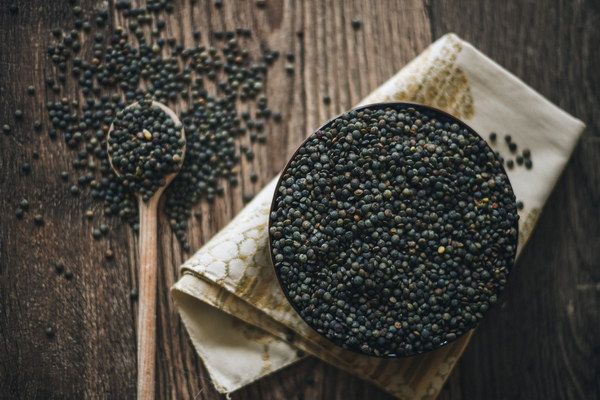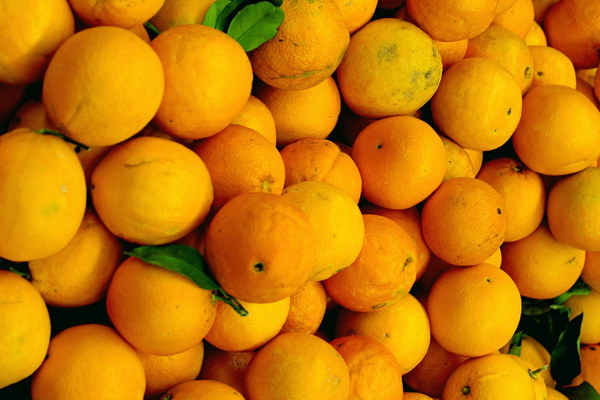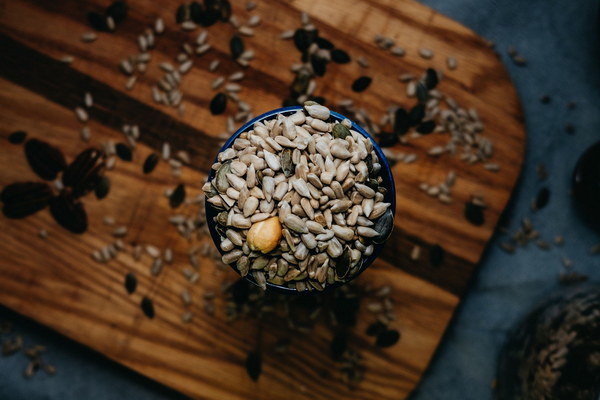Nourish Your Spleen and Stomach A Comprehensive Guide to Traditional Chinese Health Practices
In Traditional Chinese Medicine (TCM), the spleen and stomach are considered the foundation of good health. They play a crucial role in transforming food into energy and nutrients that nourish the body. However, with the fast-paced lifestyle and poor dietary habits, many people suffer from spleen and stomach disorders. This article aims to provide a comprehensive guide to traditional Chinese health practices that can help you nourish and balance your spleen and stomach.
1. Diet

A balanced diet is essential for maintaining the health of your spleen and stomach. Here are some dietary guidelines to follow:
- Incorporate a variety of whole grains, such as brown rice, millet, and quinoa, into your meals. These grains are rich in nutrients and aid in the digestion process.
- Consume plenty of vegetables, especially those with a sweet or neutral taste, like carrots, beets, and sweet potatoes. These vegetables support the spleen and stomach function.
- Include lean proteins, such as chicken, fish, and tofu, in your diet to provide essential amino acids and support muscle growth.
- Avoid cold, raw, and difficult-to-digest foods, as they can strain the spleen and stomach.
- Reduce the intake of spicy, greasy, and acidic foods, which can irritate the digestive system.
2. Herbs and Supplements
Herbal remedies have been used for centuries in TCM to nourish the spleen and stomach. Some common herbs and supplements include:
- Astragalus (Huang Qi): Known for its immune-boosting properties, astragalus can help strengthen the spleen and improve overall health.
- Licorice (Gan Cao): This herb is often used to harmonize the body and support the spleen and stomach function.
- Codonopsis (Dang Shen): Codonopsis is believed to enhance the body's ability to absorb nutrients and support the immune system.
- Rhizoma Atractylodis Macrocephalae (Bai Zhu): This herb is used to relieve bloating, improve digestion, and strengthen the spleen.
3. Acupuncture and TCM Treatments
Acupuncture and other TCM treatments can help balance the body's energy and alleviate symptoms of spleen and stomach disorders. Some common treatments include:
- Acupuncture: Fine needles are inserted into specific points on the body to stimulate the flow of Qi (vital energy) and promote healing.
- Cupping: Cupping therapy involves placing cups on the skin to create suction, which increases blood flow and promotes healing.
- Moxibustion: This therapy involves burning dried mugwort on specific points on the body to stimulate the flow of Qi.
4. Lifestyle Adjustments
Improving your lifestyle can also help nourish your spleen and stomach:
- Get adequate sleep: Poor sleep can weaken the spleen and stomach, so it's essential to get 7-9 hours of quality sleep each night.
- Reduce stress: High levels of stress can harm the spleen and stomach. Practice stress-reducing techniques such as meditation, yoga, or deep breathing exercises.
- Exercise regularly: Regular physical activity can improve digestion and strengthen the spleen and stomach.
- Avoid smoking and excessive alcohol consumption: These habits can weaken the spleen and stomach and lead to various health issues.
By following these traditional Chinese health practices, you can nourish and balance your spleen and stomach, leading to improved overall health and well-being. Remember to consult with a qualified TCM practitioner to tailor these practices to your specific needs.









